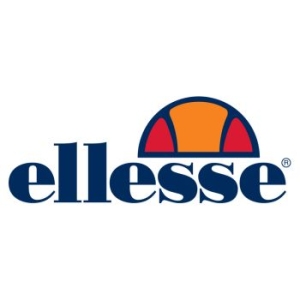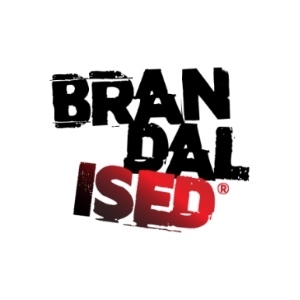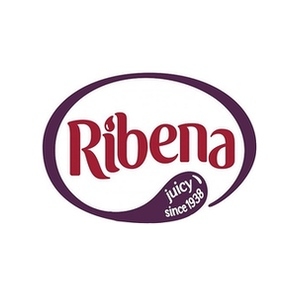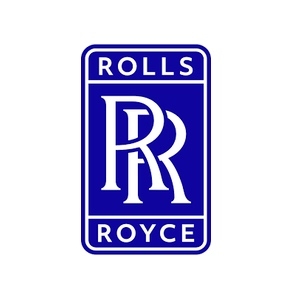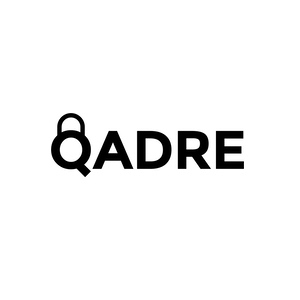Search-a-brandPowered by BRANDSMITHS
Search-a-brand assists you in researching, choosing and building a brand for your company, service or product. Try it out and search with the intended name!

A BRANDSMITHS GUIDE: HOW TO BUY AND SELL SHARES
Author: Hamish MacInnes
This guide is meant for shareholders and investors in limited companies.
There are a number of ways shareholders can dispose of their shares or investors can purchase shares. Some of the most common methods are:
- Share transfers
- Share issues and allotments
- Share options / share warrants
- Reverse vesting shares
Before we delve into the mechanics of share transfers and share issues and allotments, let’s go back to basics.
What is a limited company?
There are different company formations, such as limited liability partnerships and public liability companies, however, the most common structure is the limited company. This means that the company is an entity in its own right and the shareholders have limited liability meaning they won’t be personally liable for the company’s financial losses (provided the shareholders haven’t acted fraudulently).
Nominal Value vs price per share
Each share has a nominal value. This is not the same, necessarily, as the price someone pays for shares. Anything above the nominal value is known as the share premium. For example, the nominal value of one share could be 1 penny but the purchase price per share could be £10, meaning the share premium is £9.99 per share.
Classes of shares
Some limited companies have different classes of shares in issue, for example, A, B and C shares. These different classes of shares will (usually) have different rights attaching to them. For example, one class of share could have rights to receive dividends, whilst another class of share has no voting rights. When buying shares, it is important to check the rights that attach to them.
Share Transfers
A share transfer is simply a shareholder transferring his shares to a third party.
The shareholder transferring shares will need to check whether there are pre-emption rights on transfers. This means that before transferring the shares, they may need to offer them for sale to the existing shareholders at the same price as they are being offered to the intended third party. You will need to check the company’s articles of association and the shareholders’ agreement (if there is one).
If the company has model articles and the shareholders’ agreement is silent on share transfers, then you should be able to transfer shares to a third party without offering them to the existing shareholders. This is because there are no statutory pre-emption rights on share transfers.
Documents required in case of transfer
When buying / selling shares, the transferor (i.e. the seller) will need to sign a stock transfer form and deliver it to the transferee (i.e. the buyer). The buyer may need to pay stamp duty on shares to HMRC Stamp Office. Stamp duty is payable at 0.5% of the total purchase price and must be paid within 30 days of the stock transfer form being dated and signed.
You may also wish to enter into a share purchase agreement. These can be short documents or quite lengthy and complicated documents, depending often on the complexity of the transaction. As an example, buyers may wish to enter into a share purchase agreement so that their investment is protected: they could insist that the seller gives various warranties about the shares themselves all the way up to the business itself. If the seller were to breach one or more of these warranties, then the buyer may be able to claim for a reduction in the purchase price. On the other hand, sellers may wish to protect themselves where the purchase price is being paid in instalments.
New shareholders may also join the company’s existing shareholders’ agreement, if there is one. This is usually by way of a deed of adherence but often an entirely new agreement is put in place.
There are also various ancillary documents that are produced. One of the most important ones from the buyer’s side is the need to get a share certificate and assurances that their name will be placed in the company’s statutory register.
Share issue and allotment
The issue of shares means that new shares are created. It does not mean that those shares have been given to a shareholder. Indeed, the shares could exist but belong to the company in “treasury”. It is only when the shares are allotted that the shares are given to a shareholder.
One of the key differences between share transfers and share issues, is that, in the case of the transfers, new shares are not being created. On a share issue, the existing shares will normally be diluted.
For example. Tom and James have 50 shares each in a company which has a total of 100 shares in issue, meaning they have 50% each. The Company then issues and allots 50 further shares to Anne, meaning Tom and James’ shareholding will be diluted down so that they each have 33.33% each. However, if Tom and James were allotted a further 50 shares each, then their equity would not be diluted as they would continue to each have 50% each of the company.
Other key takeaways
For the buyer, if they are being allotted shares, then they should check whether they have any anti-dilution rights. Often, investors are dismayed to find out a few years after their investment that their shareholding has been diluted down considerably.
However, it is important to recognise that dilution does not necessarily mean that the share price will drop. Usually, when a company raises money through a series of investment rounds, the price per share increases each round to (hopefully) reflect the growth of the business.
For the seller, if they are not selling their total shareholding and, say, only 10% of their shares, then a key consideration would be whether the sale would mean they lose certain rights and benefits. For example, a sale of shares could result in a loss of control of the company.
About Brandsmiths
Whether buying or selling shares, shareholders and investors in limited companies should aim to secure their financial investments without compromising on legal obligations. Brandsmiths specialises in all matters relating to commercial and corporate law.
If you would like to discuss shares in more detail, please get in touch.
Brandsmiths is a trading name of Brandsmiths S.L. Limited which is authorised by the Solicitors Regulatory Authority, SRA No: 620298. Founding Partner: Adam Morallee
Privacy and Cookie Policy | Terms and Conditions | Complaint Procedure | Site by: Elate Global

